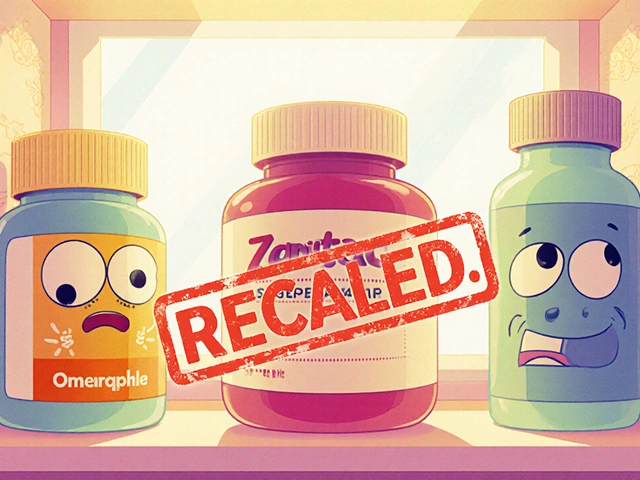Potassium-Sparing Diuretics: What They Are and How They Work
When your body holds onto too much fluid, it can raise blood pressure, swell your ankles, or make breathing harder. That’s where potassium-sparing diuretics, a type of medication that helps your kidneys remove extra water without losing too much potassium. Also known as potassium-sparing agents, they’re often used when other diuretics risk dropping your potassium too low. Unlike loop or thiazide diuretics that flush out potassium along with water, these drugs let you keep more of this vital mineral—critical for heart rhythm, muscle function, and nerve signals.
Potassium-sparing diuretics don’t work the same way as the stronger ones. They target specific parts of the kidney, blocking sodium reabsorption without triggering potassium loss. Common ones include spironolactone, eplerenone, amiloride, and triamterene. They’re often paired with other diuretics to balance fluid removal and mineral levels. For example, someone with heart failure might take a thiazide to get rid of fluid fast, then add a potassium-sparing to prevent cramps or irregular heartbeat. People with high blood pressure or liver disease also use them, especially if they’re on steroids or have aldosterone issues.
These meds aren’t for everyone. If you have kidney problems or already have high potassium, they can be dangerous. That’s why doctors check your blood levels regularly. You’ll also need to avoid salt substitutes and potassium supplements unless told otherwise. Even natural foods like bananas or spinach can add up if you’re on these drugs. The goal isn’t just to remove fluid—it’s to do it safely, without tipping your electrolytes out of balance.
What you’ll find in the posts below are real-world comparisons and practical insights. You’ll see how potassium-sparing diuretics stack up against other blood pressure drugs, how they interact with common supplements like fish oil, and what to do when side effects show up. Some posts dive into how these meds affect people with heart failure or kidney disease. Others explain why doctors choose them over cheaper options. There’s no theory here—just what works, what doesn’t, and what you need to know before you take them.

Diuretics: How They Alter Electrolytes & Interact with Other Drugs
Explore how diuretics change electrolytes, the most common drug interactions, and practical monitoring tips to keep patients safe.





